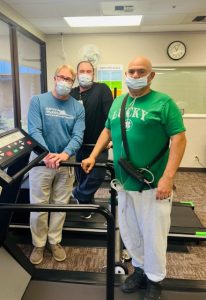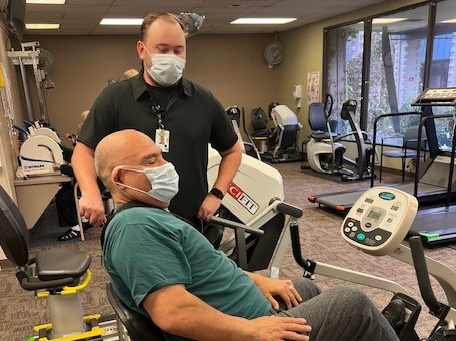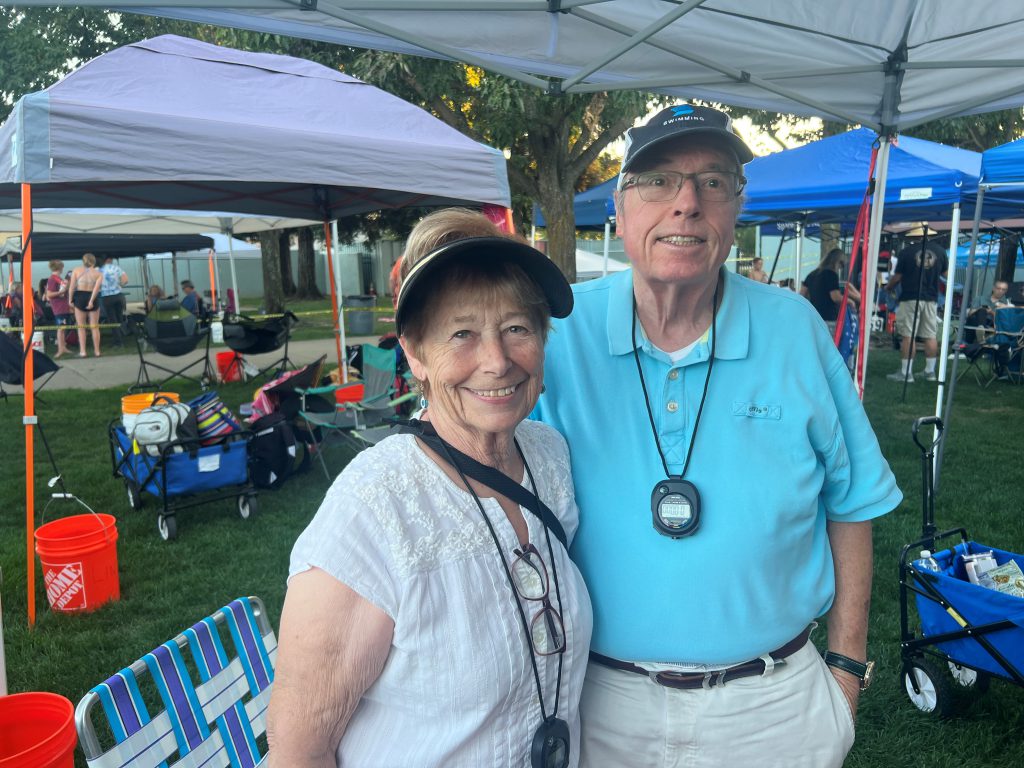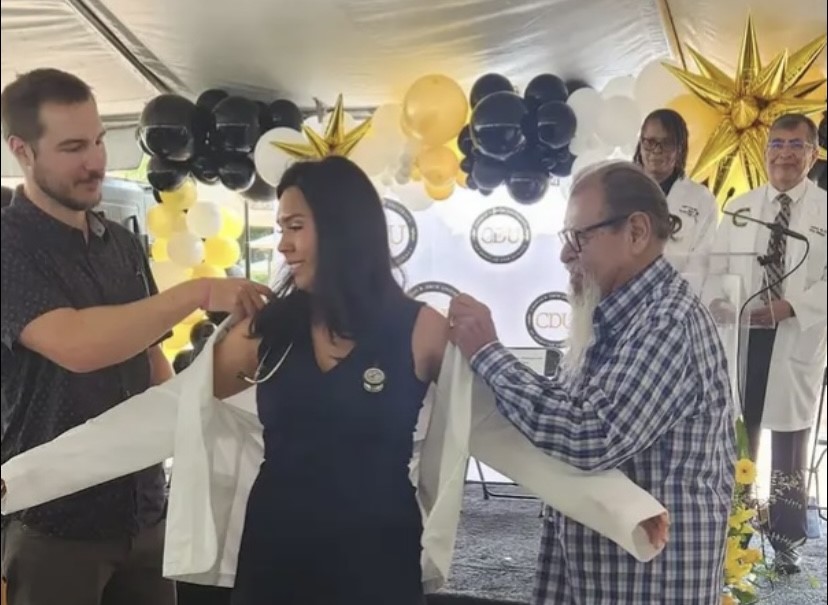Jose Ayala embodies the term “neighborly.” He has cared for many from the home he and his wife, Teresa, have made for themselves in Merced County, Calif. He’s offered counsel and comfort to those going through hard times and even given food to those who are hungry.
“I have a fire and excitement for nature, people and God,” the soon-to-be 54-year-old said. “Caring for someone is universal.”
But it felt different when he was the one needing care himself.
Ayala’s health took a turn for the worse when COVID-19 hit in March 2020. He noticed his breathing was labored—each breath felt heavier than the next. It worsened that summer and fall when smoke suffocated the San Joaquin Valley as numerous wildfires scorched thousands of acres in and around the area. He felt tired and weak, and knew he needed help.
Ayala went through numerous medical tests with no clear answers at first, although COVID and Valley Fever had been ruled out. Meanwhile, his blood oxygen saturation—the best indicators to someone’s oxygen levels throughout their body—continued to dip. Ayala was eventually diagnosed with interstitial lung disease. It is a large and somewhat mysterious group of diseases, but Ayala’s care team suspected his was caused by autoimmune issues. It ultimately causes scarring within the lungs. Lung damage from the disease often gets worse over time. For Ayala, his condition requires supplemental oxygen 24 hours a day. It also now qualifies him for a lung transplant. He currently sits on the transplant waiting list.
Facing New Realities
The reality of Ayala’s diagnosis rattled him at first. A major part of his identity—the hard-working helper—was put into question. The person who started picking blueberries at 5 years old and grew into the man that got up a 4 a.m. to work as a produce manager was in jeopardy.
“Your work is your second home. I have a love for vegetables and was exposed to that from a very young age,” he said. “I was very disappointed when I couldn’t do it anymore. I was emotional [over how] I couldn’t go to work.”

Memorial Medical Center’s Tom Ankeney, who is a pulmonary rehabilitation specialist and Chase Clark, who is an exercise physiologist, work with Jose Ayala while he takes to the treadmill.
Ayala faces what feels like an uphill climb—but part of that is by design. While undergoing other treatment therapies for ILD, he is also prescribed pulmonary rehab workouts.
“Once I hit the rehab and my infusions, it has done me really well,” he said. “I can’t say ‘healed,’ but this allows me to maximize what capacity I have. I believe it is going to make a difference.”
Ayala attends pulmonary rehab twice a week under the supervision of a care team at Memorial Medical Center in Modesto, part of the not-for-profit Sutter Health system. The program supports patients like Ayala from across Stanislaus and Merced counties. Ayala relishes the chance to make rounds with all the equipment—from the pulleys to the recumbent bike. He says he likes the treadmill best though since it incorporates his whole body weight into the workout. He also can track his pulse and oxygen rates throughout his sessions.
But the program isn’t really the program without the people, Ayala says. He credits all the rehabilitation staff who share their clinical knowledge, which only kicks his motivation into overdrive.
One team member who has taken notice of Ayala’s progress is pulmonary rehabilitation specialist Tom Ankeney. He says he immediately sensed how Ayala could motivate others through his personality and approach to the rehab—modeling positive behavior for all to see.
“Jose embraced and accepted his chronic condition. Not many people meet that head on, but that is one of his best attributes,” Ankeney said. “He has a persistence, a consistency, an ability to be relentless and still tender-hearted. He is like a brother to me now.”
Ayala acknowledges that even someone with his outlook has his down days, especially given the unknowns when it comes to a lung transplant. But life offers people choices, and Ayala chooses to keep going.
“You can fall into depression, but you have to get out of it,” he said. “It can be so much worse. You got to wake up and smile. We have another day, no matter what happens.”





